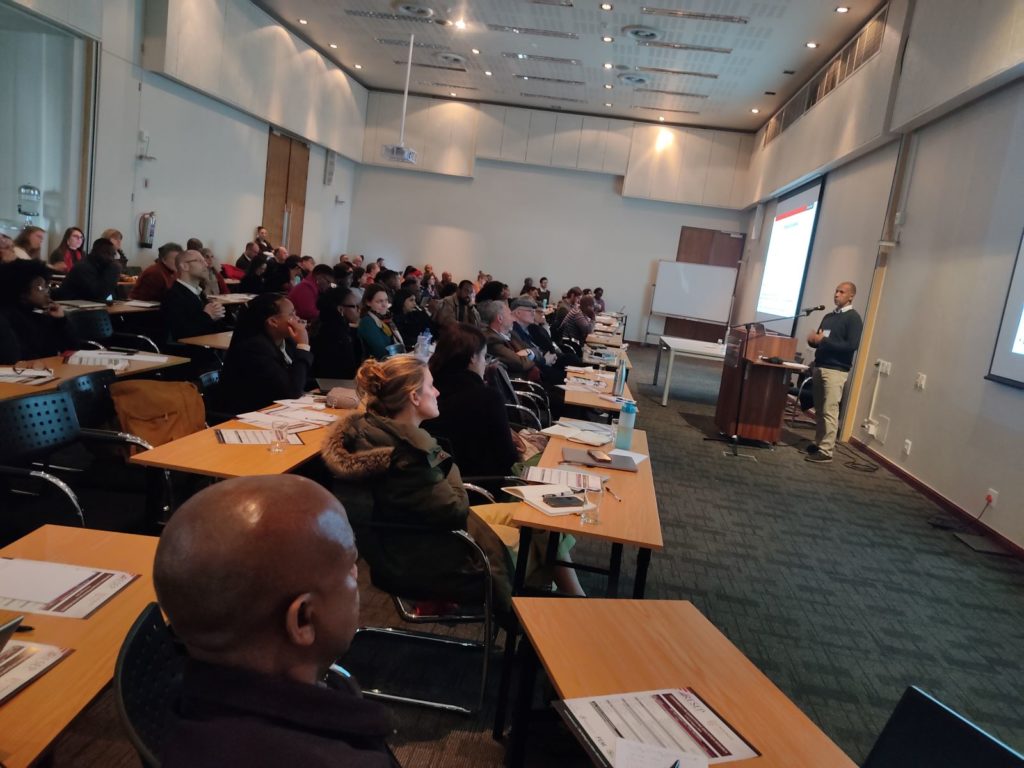In 2021, teachers instructing the average Grade 4 student in South Africa faced reading abilities spanning almost four grade levels in one classroom (Böhmer & Wills, 2023). In this context, curriculum or instruction differentiation is a necessary classroom strategy. The South African curriculum and inclusive education policies recognise learner diversity and envisage class teachers as responsible for curriculum differentiation supported by district and circuit experts.
We report on the quality and completeness of disability-disaggregated enrolment data in the education management information system
(EMIS) in two provinces in South Africa. We show there has been a dramatic decline in the number of learners with disabilities enrolled in schools in Gauteng from 2017 to 2023.
Youth born just after the turn of democracy in 1994 have the highest years of completed education of any cohort in South African history. This is a trend worth celebrating. Yet South Africa’s educational progress is occurring alongside various constraints: slow economic growth; high and rising unemployment especially among youth; public finance constraints in expanding post-school education and training (PSET) opportunities; and growing concerns about mismatches between youth’s skills and the skills demanded in a changing world of work.
In the wake of the COVID-19 pandemic, the Western Cape Education Department’s (WCED) 2023 Back-on-Track (BoT) initiative is proving to be a groundbreaking step towards educational recovery. This R1.2 billion programme has targeted critical learning gaps in mathematics and language, focusing on Grades 4, 7, and 8. The results, independently evaluated by RESEP, reveal remarkable gains in learning outcomes.

From 21-22 August 2024, Resep hosted its 8th annual Quantitative Education Research (QER) conference at STIAS, Stellenbosch. Among the more than 100 attendees were academics, students, government officials, NGOs representatives and other stakeholders. Speakers, chairs and participants collectively provided an overview of key trends in South African education and profiled new research. In this synopsis of the 2-day programme, some key insights across all presentations are considered under eight emerging conference themes.
Basic Education Lekgotla 2024: Recent South African trends and what they mean for the future
Basic Education Lekgotla 2024: Recent South African trends and what they mean for the future
Dive into the evolving landscape of basic education in South Africa with Martin Gustafsson’s illuminating presentation from March 2024. Titled “Recent South African Trends and…





